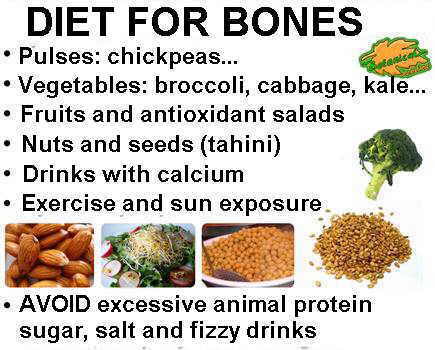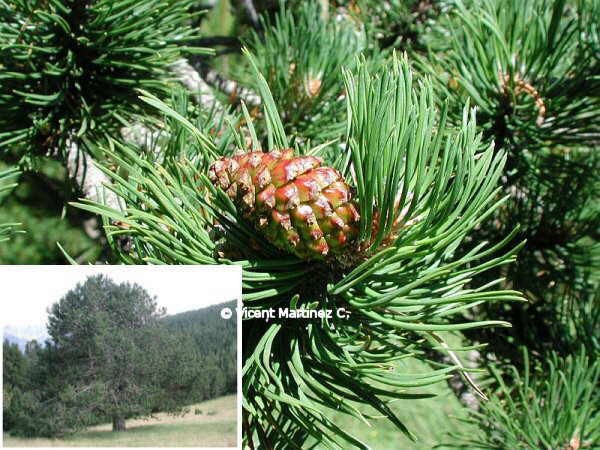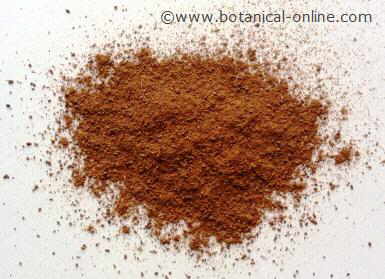Contents
Effects of caffeine on the human body
What are the effects of caffeine on the human body?
Caffeine mainly produces stimulant and diuretic effects in the human body. Absorbed caffeine into the bloodstream, which transports it to the brain.
Once there, caffeine acts on the central nervous system producing a series of effects. these are the main effects produced by caffeine on the human body:
- Hypertensive: It increases blood pressure.
- Diuretic: It stimulates the production of urine.
- Stimulants: it actives the body by increasing the function of the lungs and heart.
- Euphoric: It produces a sense of well being.
- Bronchodilator: It produces dilation of the bronchi.

Coffee plant - Coronary dilator: It produces dilation of the coronary arteries.
- Vasodilator: It produces dilation of blood vessels in general.
- Pericranial vasoconstrictor: It constricts pericranial blood vessels.
- Antioxidant: It prevents the oxidation of the body by free radicals.
- Antiemetic: It prevents the appearance of vomit.
- Choleretic: It stimulates the production of bile
- Muscle relaxant: It relaxes muscle activity.
- Hypoglycemic: It reduces the sugar content in blood.
- Addictive: It causes addiction or dependency to certain habit.
- Vomiting: High doses of caffeine cause the onset of vomiting.
- Tremorigenic: High doses of caffeine cause the appearance of tremors.
- Anxiogenic: High doses of caffeine cause anxiety.
- Insomniac: High doses of caffeine cause insomnia.
Effects of caffeine on other living organisms
Caffeine is an alkaloid produced by plants to combat the onslaught of many living organisms such as insects or other pests included other plants. In the struggle against herbivores and other plant, caffeine musters the following properties:
- Insecticide: It removes many insects.
- Pesticide: It removes many pests.
- Antiviral: Prevents the development of certain viruses.
- Antifeedant: Eliminates the need to eat.
- Herbicide: It manages to eliminate herbal competitors.
![]() More information about coffee and caffeine.
More information about coffee and caffeine.









